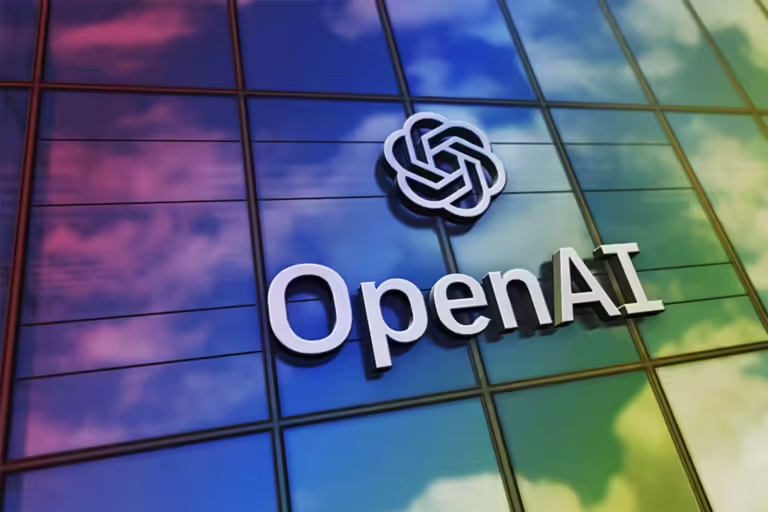
SoundHound Snaps Up Amelia AI in $80M Deal Following $189M+ Fundraising Surge
SoundHound, a company that makes AI voice interfaces, is buying Amelia AI for $80 million to grow into new markets like healthcare and finance and make its business stronger in the AI market, which is very competitive.
SoundHound is an AI company that makes voice-interface technology that tech companies, restaurants, and car companies use. They are focussing more on enterprise services by combining companies in a market that is already very crowded.
On Thursday, Amelia AI announced that it was buying the company. Amelia AI creates an AI agent that businesses can modify to use internally or with customers.
SoundHound plans to buy Amelia for $80 million in cash and stock. It’s not clear how much the latter was worth before the deal. Still, PitchBook says Amelia had raised at least $189 million, with BuildGroup investing $175 million in March 2023 (PitchBook lists several investments, including two with unknown values). Amelia’s clients include BNP Paribas, Fujitsu, and the drug company Teva.
SoundHound said that the two will have about 200 customers together, including Fortune 500 companies and big banks, and that they expect to make $150 million in 2025. That much would come from Amelia’s current business—$45 million.
SoundHound trades on the stock market, experiencing challenges since its initial public offering. The company was worth $2.1 billion when it first went public through a SPAC merger in 2021. It did, however, fire almost half of its staff in 2023 and raise some extra money to strengthen its position.
It looks like it will have a stronger market position in 2024; its market cap is now around $1.4 billion, up from less than $300 million in January 2023. A lot of people still think the company will lose money when it reports its quarterly results today, though.
As part of the deal, SoundHound will take on Amelia’s debt. Upon completion of the deal, the new company will possess $160 million in cash and $39 million in debt. SoundHound and Amelia are both familiar with how to play the long game in AI. Amelia began as IPsoft in 1998, during the early days of the internet age, while SoundHound has been in operation since 2005. Chetan Dube, who started it, is still its CEO.
The reasoning behind SoundHound’s decision is pretty clear: buying Amelia will help it move into verticals where it doesn’t have much business now, like healthcare, retail, financial services, and hospitality. According to Keyvan Mohajer, co-founder and CEO of SoundHound, some of their customers are highly regulated, which makes the integration requirements big and hard.
He told about this in an email. It would take us years to develop these types of relationships and the corresponding product capabilities, so this is a significant time saver for us. And since SoundHound is all about voice interfaces, Amelia’s voice assistant tools could make it easier for the company to gain more customers and business.
The difference between Amelia’s asking price and the selling price is intriguing. Mohajer refused to discuss the discrepancy, stating that the public had never seen the total amount raised. He said, “We are happy that we were able to buy Amelia at a price that worked for both of our businesses.” “We both believe that our combined upside potential is high.” Amelia has built a fantastic line of products and has a huge customer base.
AI Market Booms with Investment
This deal comes at a time when AI technology is getting a lot of attention. AI startups are emerging in waves, while established AI companies strive to expand. All of these companies are getting hundreds of millions of dollars in venture capital funding.
According to CrunchBase data, AI startups received over $35 billion in funding in the first half of 2024. This year, 28 AI startups have raised a total of more than $100 million. Also, Goldman Sachs predicts that over the next few years, big tech companies and other businesses will spend $1 trillion on capital projects related to AI.
Still, a lot of people are starting to wonder if the bubble is about to pop. A big difference between the value of M&A deals and the amount of money startups raise could be one sign. “Some people think we’re putting too much money into companies that are building foundation models.” On the other hand, foundation models are just the start.
Our company is building and growing its AI-based business, and we think there will be a long-lasting wave of value creation for those that do so. This is exactly what Mohajer said to defend the current market.
In any case, SoundHound is now choosing to accelerate its business by buying other companies. In June, it acquired Allset, a Ukrainian company that makes an ordering platform for restaurants. Before that, in December 2023, it paid $25 million to acquire SYNQ3, another AI company that assists restaurants.
The focus is still on infrastructure and foundational models, but it will be fascinating to see how service-based businesses grow and what value they will hold. Mohajer said, “We have built an amazing portfolio, and we’re scaling up production of our conversational and generative AI solutions with new ideas and good management of hallucination risks.”
“There is a huge chance to make this happen in more places.” In addition to building infrastructure, you must consider how users will use it and how to connect ecosystems to work together.


